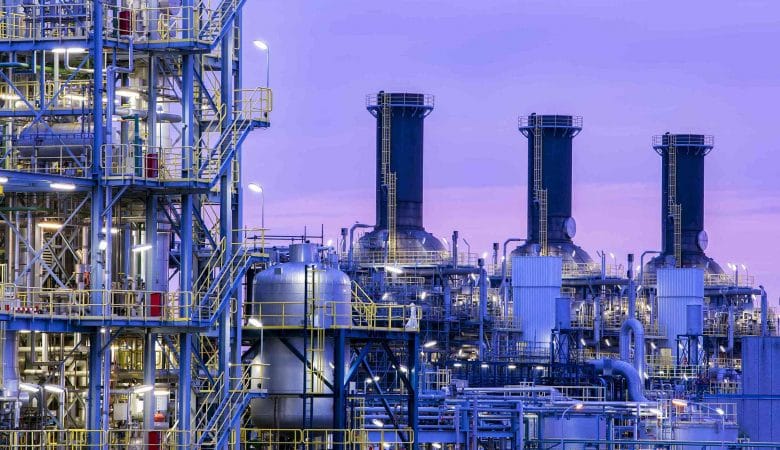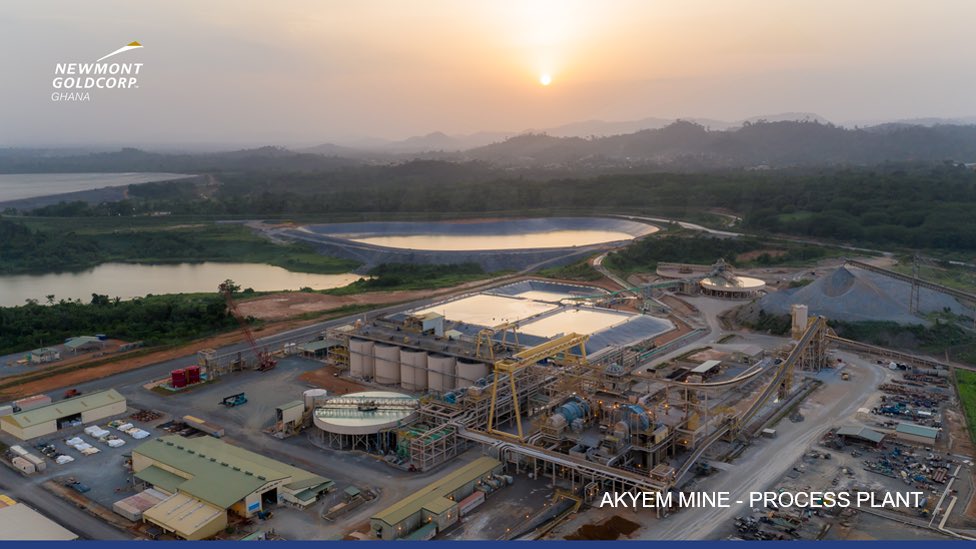Ghana is positioning itself for major economic and energy sector gains with the planned construction of a second gas processing plant (GPP II), a project expected to recover Natural Gas Liquids (NGLs) worth approximately $151 million each year and reduce the country’s reliance on costly liquid fuel imports, potentially saving up to $1 billion annually.
These projections are detailed in the final report submitted by the GPP II Implementation Committee to the Steering Committee at the Ministry of Energy and Green Transition. The report outlines a strategic roadmap, incorporating technical, financial, and regulatory frameworks, as well as stakeholder consultations required to operationalize the project.
In addition to financial savings, the plant is expected to generate over 2,500 jobs—both direct and indirect—during construction and operation, while positioning Ghana as a key gas processing and energy export hub in the subregion.
Receiving the report, Minister for Energy and Green Transition, John Abdulai Jinapor, affirmed the government’s readiness to move forward with urgency.
“Today’s submission reflects our commitment to advancing Ghana’s gas future. GPP II is not merely a project; it is a crucial tool for achieving energy independence, fostering job creation and driving industrial transformation,” he stated.
He further commended the committee’s leadership and dedication to national development, saying:
“I extend sincere gratitude to the Chairman of the Core Technical Committee, Hon. Richard Gyan-Mensah (MP) and Deputy Minister for Energy & Green Transition, the Project Development Coordinator, Mr. Guure Brown Guure and all Implementation Committee members for their relentless efforts, strategic insights, and unwavering dedication to the national interest.”
A statement from the Ministry underscored the significance of the report, noting:
“The submission represents a significant milestone in Ghana’s initiative to enhance domestic gas processing capabilities and strengthen energy security for industrial and power sector development.”
The Implementation Committee was inaugurated on May 12 by Minister Jinapor and Finance Minister Dr. Cassiel Ato Forson, who tasked them with delivering the implementation plan within four weeks.
Ghana’s heavy dependence on imported liquid fuels—projected to cost over $1 billion this year alone—has long strained the national budget and placed a financial burden on households and businesses alike. The second gas processing plant is expected to reduce this pressure by enabling more efficient use of the country’s natural gas resources.
The new facility builds on the foundation laid by the Atuabo Gas Plant, commissioned in 2015 under then-President John Mahama. The $1 billion Atuabo project, operated by Ghana National Gas Company, was developed to process more than 180,000 tonnes of liquefied petroleum gas (LPG) for domestic use.
However, despite such advances, Ghana’s energy sector continues to face critical challenges, particularly in financing. Mounting debt—estimated to exceed $2 billion—has impacted the sector’s ability to deliver consistent power and maintain infrastructure.
Minister Jinapor has acknowledged these concerns, stressing the government’s resolve to adopt innovative financial strategies to revitalise the sector and ensure long-term sustainability.








